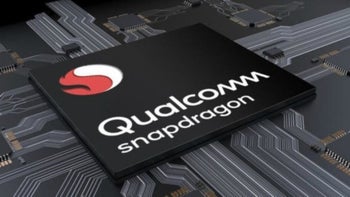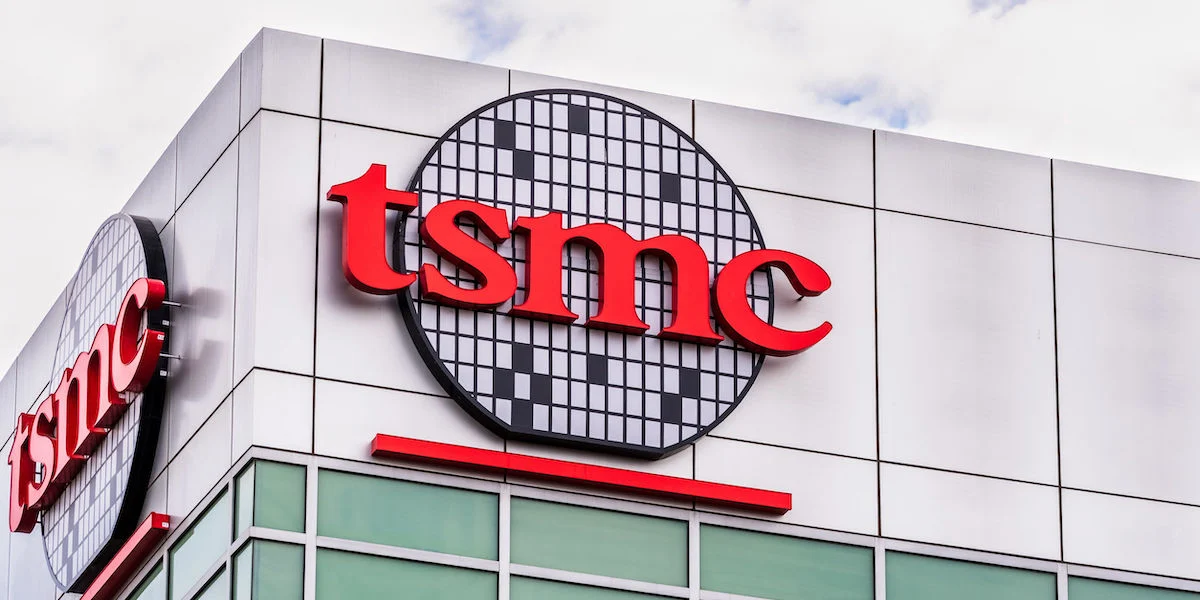Qualcomm, AMD upset that TSMC bends over backward for Apple

Two of TSMC's largest customers are thinking of giving Samsung some of its business in order to diversify their supply chains. TSMC is the world's largest independent foundry with Samsung right behind it. Some of TSMC's biggest customers include Apple, Qualcomm, AMD, MediaTek, NVIDIA, and Intel. TSMC and Samsung are the most technologically advanced in terms of process nodes as both have been building 5nm chips with 4nm coming soon.
Qualcomm and AMD want to diversify their supply chain
The two companies looking to give business to Samsung are Qualcomm and AMD. In the case of the former, the chip designer is actually looking to give Sammy some additional business since it already counts on the foundry to produce its new flagship Qualcomm 8 Gen 1 chipset (although there recently has been talk of moving some of that production to TSMC).

TSMC is accused of giving special treatment to its number one customer, Apple
Yes, sometimes you can't tell the players without a scorecard. After Samsung manufactured the Snapdragon 835 and Snapdragon 845 SoCs, Qualcomm left Samsung for TSMC's 7nm process used to build the Snapdragon 855 and Snapdragon 865 chipsets. Qualcomm returned to Samsung last year for the 5nm Snapdragon 888 chipset.
According to a translated report from ITHome (via GizChina) besides diversifying their supply chain, an important move these days for companies that need to guarantee the receipt of supplies, both Qualcomm and AMD are fed up with the special treatment that Apple receives from TSMC. Apple is the foundry's biggest customer and earlier this year when the foundry hiked prices by 20%, Apple reportedly received only a 3% price increase.
Apple has also reportedly tied up TSMC's initial batch of 3nm production leading Intel to schedule a visit to Taiwan in order to speak with TSMC and "avoid fighting with Apple" over 3nm production availability. Because of the chip shortage, no company wants to find out that they can't obtain enough supplies to build their products. Diversifying the supply chain is one of the smartest moves that a company can make.
Obtaining the chips that a company requires is a difficult task these days thanks to the global shortage. Software is another story. A good example of this is the sad tale of Huawei as the Chinese manufacturer should, by all rights, be the top smartphone company in the world. When the U.S. cut off its access to its suppliers in the states, Huawei countered the loss of access to Google mobile services (GMS) by developing its own operating system and ecosystem.
Tech firms need to diversify their supply chains
But when the U.S. piled on exactly one year later by changing its export rules on chips, it prevented Huawei from obtaining cutting-edge components. Even though the company designs its Kirin chips itself, the firm does not own the fabrication facilities required to build them. The U.S. is allowing the company to purchase and receive special versions of the Qualcomm Snapdragon 888 that will not support 5G connectivity.
Huawei's experience is also a cautionary tale of what could happen to a manufacturer that relies too much on supplies from one region of the country. Huawei was spending billions in the U.S. every year for supplies and when it was cut off, it had to scramble in order to continue making phones. As a result of the U.S. actions against Huawei, its third-quarter revenue declined 38% year-over-year.
So the smart move for companies is to diversify their supply chain. Everyone does it. Apple, for example, lowered its dependence on Samsung for displays. But one company that many tech and auto firms are too dependent on is TSMC. One worry is that mainland China might look to takeover Taiwan with experts noting that China would love to get its hands on TSMC.
Another worry, which is the fear expressed by Qualcomm and Samsung, is that TSMC will bend over backward for Apple leaving it unable to find the production capacity to build chips for other firms.










Things that are NOT allowed: